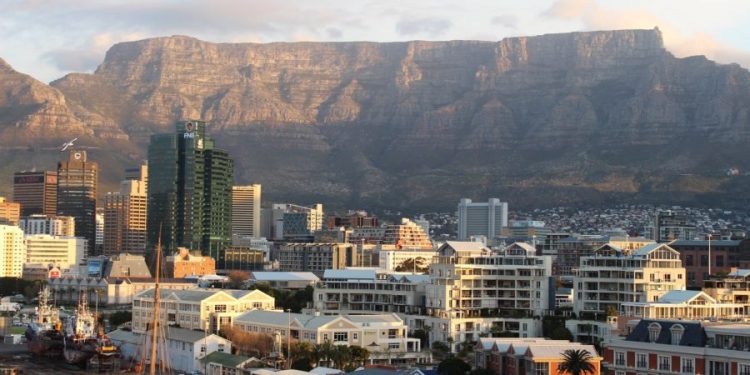South Africa’s restrictions to curb the spread of the coronavirus pushed the economy into its worst and most prolonged recession.
The Country’s GDP shrank an annualized 51% in the period between April and June from the previous January to March quarter when the economy contracted by 1.8%.
According to its Statistics Office, this is the steepest decline since 1990, the downturn extending into the fourth quarter.
A strict nationwide lockdown which begun on March 27th deepened the slump in an economy that is now stuck in its most extended downward cycle since World War II.
While a gradual re-opening of the economy started on May 1, many companies closed down permanently or fired workers during the shutdown.
Year-on-year, the economy contracted 17.1%, while on a non-annualized basis, the quarter-on-quarter decline was 16.4%.
Output shrank more than the central bank’s estimate of a 40.1% annualized contraction, increasing the chances of a sixth interest-rate cut this year.
Governor Lesetja Kganyago said last month that muted inflation gives the monetary policy committee room to react if effects of the pandemic worsen.
Economists say continued contraction will weigh on revenue collection and the government’s efforts to stabilize debt and narrow the budget deficit.
It will be a challenge calling for South Africa to lower its unemployment rate of 30.1%, seen as a critical hurdle to reducing poverty in one of the world’s most unequal nations.
While the Reserve Bank forecasts a rebound with annualized growth of 17.5% in the third quarter, continued power cuts in what’s already a record year of outages and slow reforms could threaten the recovery.
South Africa’s economy is said to have been on a downward slide before the coronavirus struck. Its long-standing structural constraints have been made worse by the pandemic.
ALSO READ:South Africa’s Manufacturing Sector Slows Down




